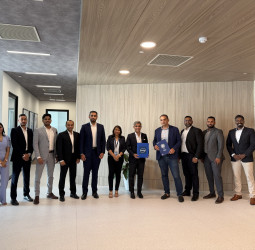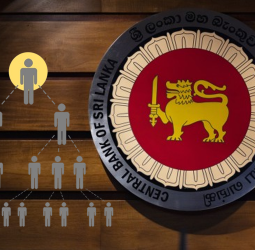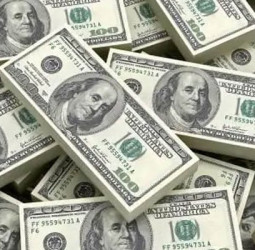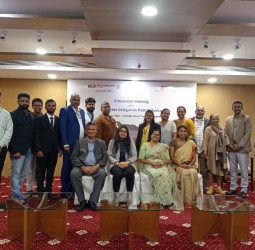A collective of trade associations including the Joint Apparel Association Forum (JAAF), the Federation of Chambers of Commerce and Industry in Sri Lanka (FCCISL), the European Chamber of Commerce in Sri Lanka (ECCSL), the Exporters Association of Sri Lanka (EASL), the International Chamber of Commerce Sri Lanka (ICCSL), and the National Chamber of Exporters (NCE), are urging a reduction in water tariffs for industrial users. This call comes as part of a broader effort to alleviate the financial strain on Sri Lankan industries and to advocate for the implementation of a cost-reflective pricing formula that ensures fair pricing for essential utilities.
Last month, Cabinet Spokesman and Minister of Transport, Highways, and Mass Media, Bandula Gunawardana, announced the introduction of a new formula to reduce water tariffs. Following this, the government announced a 7 percent reduction in water tariffs for domestic consumers on Friday, August 23rd. Additionally, a gazette was published implementing a 4.5 percent tariff reduction for government hospitals and a 6.3 percent reduction for temples and other places of religious significance. This revised tariff policy, issued by Water Supply and Estate Infrastructure Development Minister Jeevan Thondaman, will take effect from August 21st.
While the announcement marks a significant step towards equitable pricing for retail consumers, the Associations questioned the decision to leave industrial tariffs out of their pricing formula.
"Water is a critical input for Sri Lankan industries, directly influencing operational costs. High tariffs can severely impact competitiveness and deter necessary investments in sectors like manufacturing,” stated JAAF Secretary General, Yohan Lawrence. "A progressive approach to water tariffs is essential for sustaining economic recovery and maintaining global competitiveness."
The new pricing formula, established in accordance with an agreement with the International Monetary Fund (IMF), aims to reflect the true costs of water supply. Given recent reductions in fuel and electricity tariffs, further adjustments to water tariffs are being considered.
Under the new tariffs, a range of reductions are now in place across the domestic tariffs, but industrial tariffs remain unchanged and the trend to continuously increase industrial tariffs remain.
The tariff for water supplied to BOI zones for example was increased from LKR 65 to LKR 85 in 2022. This tariff was again revised in 2023 to LKR 150 per unit.
The Associations stress that with recent cuts in electricity tariffs by the Ceylon Electricity Board (CEB) and decreases in fuel, chemical, and interest costs, there is a strong case for revisiting and lowering water tariffs as well. The current reductions for domestic users was gazette under Gazette No 2398/19.
The National Water Supply and Drainage Board has implemented the existing water charges from August 1, 2023, based on this approved tariff policy and formula. The trade associations believe that reducing water tariffs is a crucial step in supporting economic recovery and ensuring that essential services remain affordable for all Sri Lankans.


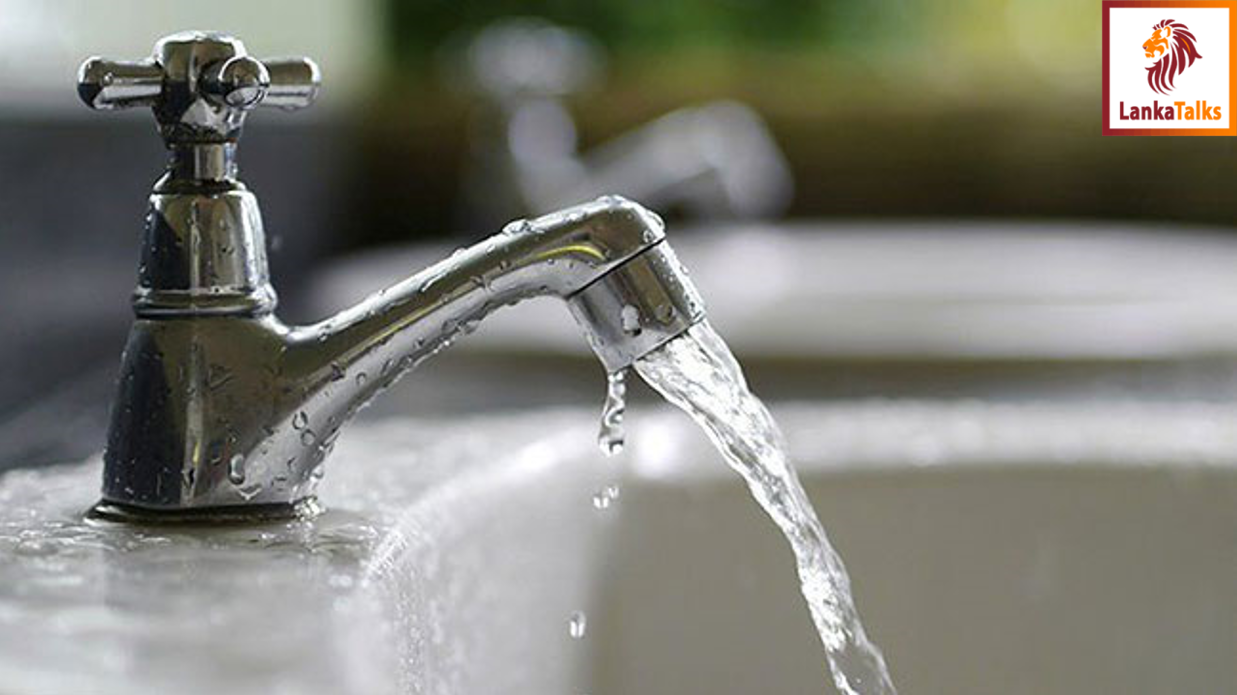
 Thishila Mewan
Thishila Mewan